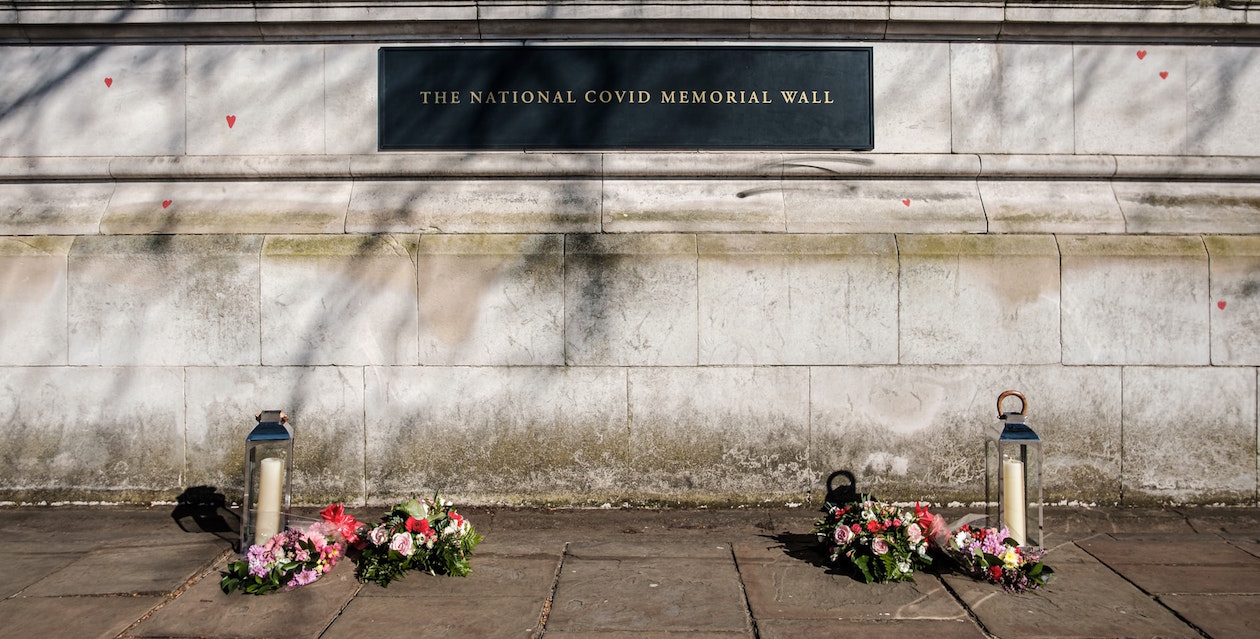Last week in Brampton, Ontario, 13-year-old Emily Victoria Viegas died of COVID-19. Her death was a gut-wrenching tragedy, adding an immense weight to the lead balloon that is this pandemic.
Viegas’ death struck a chord across the country; her young face bringing to life the daily statistics that come out of Ontario, but especially out of Brampton, where the test positivity rate is 22.4 per cent, and where the region’s medical office has advised residents to assume that anyone they meet outside of their immediate household is infected.
As the Toronto Star‘s Bruce Arthur points out, no one wants to politicize what is a very difficult and personal tragedy for the Viegas family. And yet, the systemic conditions that allowed her illness and death to take place cannot be denied.
Viegas’ father Carlos is an essential warehouse worker and the family’s primary earner. Viegas’ mother Maria had also fallen seriously ill of COVID-19, and was intubated in the hospital when her daughter passed at home.
The question of whether Viegas’ death could have been prevented had there been legislated paid sick days will never be answered. It is however evident that the spread of COVID-19 in workplaces does not only impact workers, but has potentially devastating consequences for their families and communities.
It puts today’s National Day of Mourning into a new light. Workplace-related deaths happen much too frequently (with one Canadian study from 2006 recording one workplace-related death per business day). While deaths do occur as a result of workplace accidents, many are the result of workplace-related disease, including asbestos poisoning, for instance.
The difference with COVID-19 is that in the case of a virus contracted in a poorly ventilated Amazon warehouse, or at an overcrowded meat-processing plant, it’s not uncommon for a workplace-related illness to cause the death of a family member or other close contact.
One of the deaths associated with the Cargill meat plant outbreak in Alberta was that of Armando Sallegue, the 71-year-old father of a worker at the plant who was visiting his family from the Philippines. Two other workers at the plant also died as a result of contracting COVID-19 while at work, including Benito Quesada, whose family has since asked the RCMP to launch a criminal investigation into his death.
At least 50 health-care workers in Canada have died since the beginning of this pandemic, from cleaners, to personal support workers, to physicians. Weeks ago, one Canada Post employee died after contracting the virus at a distribution facility in Toronto. In 2020, three migrant workers in Ontario died of COVID-19 they contracted on the farms where they live and work. As migrant workers arrive in Canada for this year’s harvest season, outbreaks on farms continue to occur.
Risking one’s life should never be a job requirement, and yet more than one year after this pandemic began, it is clear that’s just what many essential workers continue to be asked to do. Governments must intervene, with paid sick days and with consequences for employers who put productivity and profit over the lives of workers and their families.
Workplace spread of COVID-19 is preventable. Why aren’t we preventing it?
Chelsea Nash is rabble’s labour beat reporter for 2020-2021. To contact her with story leads, email chelsea[at]rabble.ca.
Image credit: Ehimetalor Akhere Unuabona/Unsplash




